

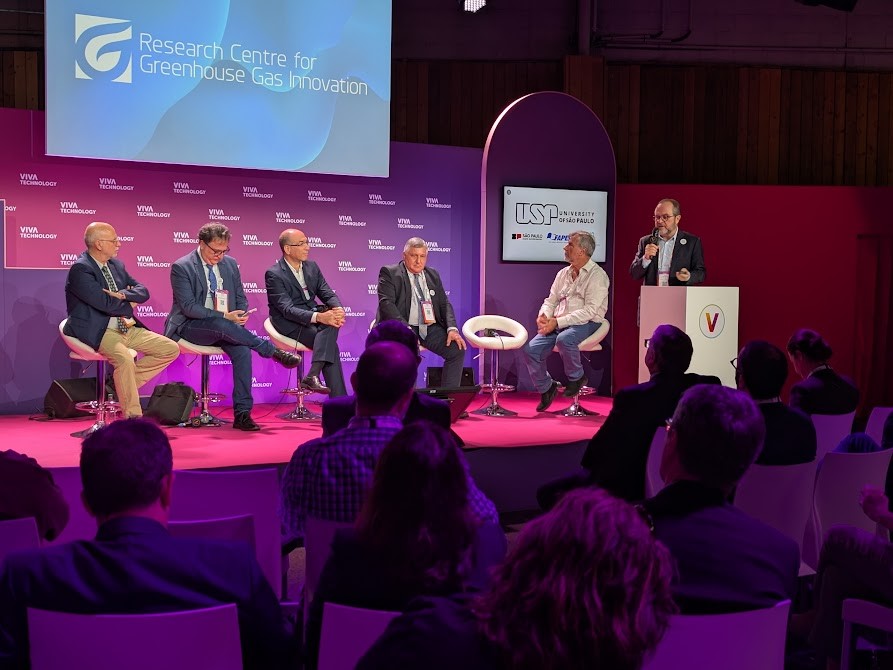
At VivaTech in Paris, research center coordinators showcase the advances made at the University of São Paulo in agriculture, climate, energy, computing, artificial intelligence, and health.

At Europe’s largest innovation event, Jensen Huang, CEO of NVIDIA, describes a scenario in which factories, robots, and industrial systems will be developed and tested digitally before going into operation.
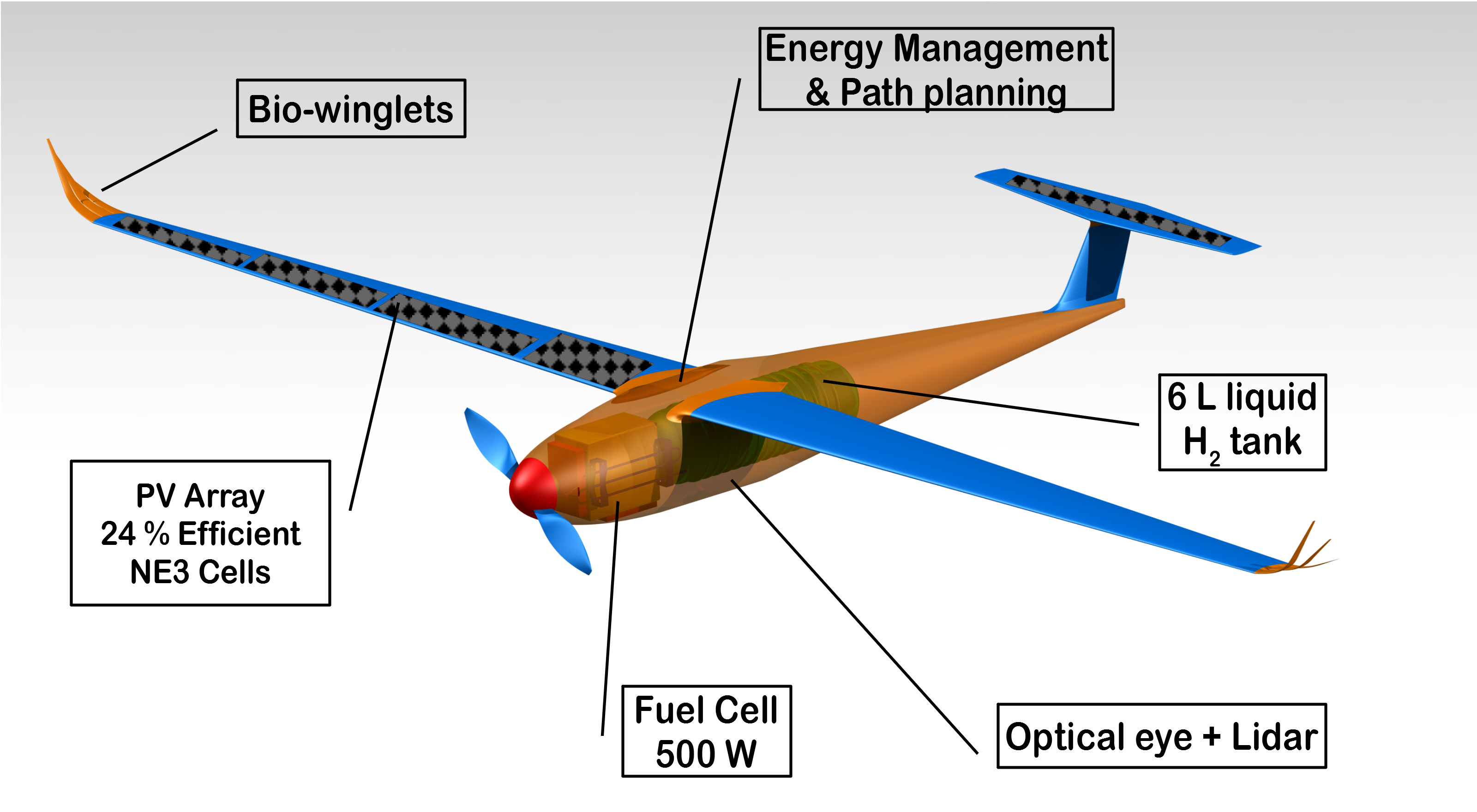
The aircraft’s design is inspired by albatrosses, which exploit atmospheric turbulence to fly for long periods with minimal effort and energy expenditure; the project, developed by French engineers, was presented during FAPESP Week France.

With support from USP and FAPESP, scientists and entrepreneurs showcase their innovative research in areas such as agriculture, climate, photonics, artificial intelligence, materials, and health in Paris.
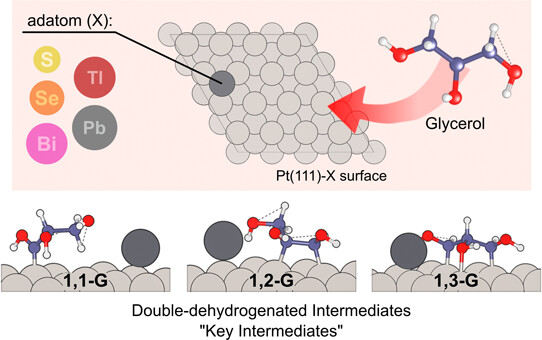
Research by the Center for the Development of Functional Materials and the State University of Campinas addresses an important process for generating energy and producing high value-added chemical products.
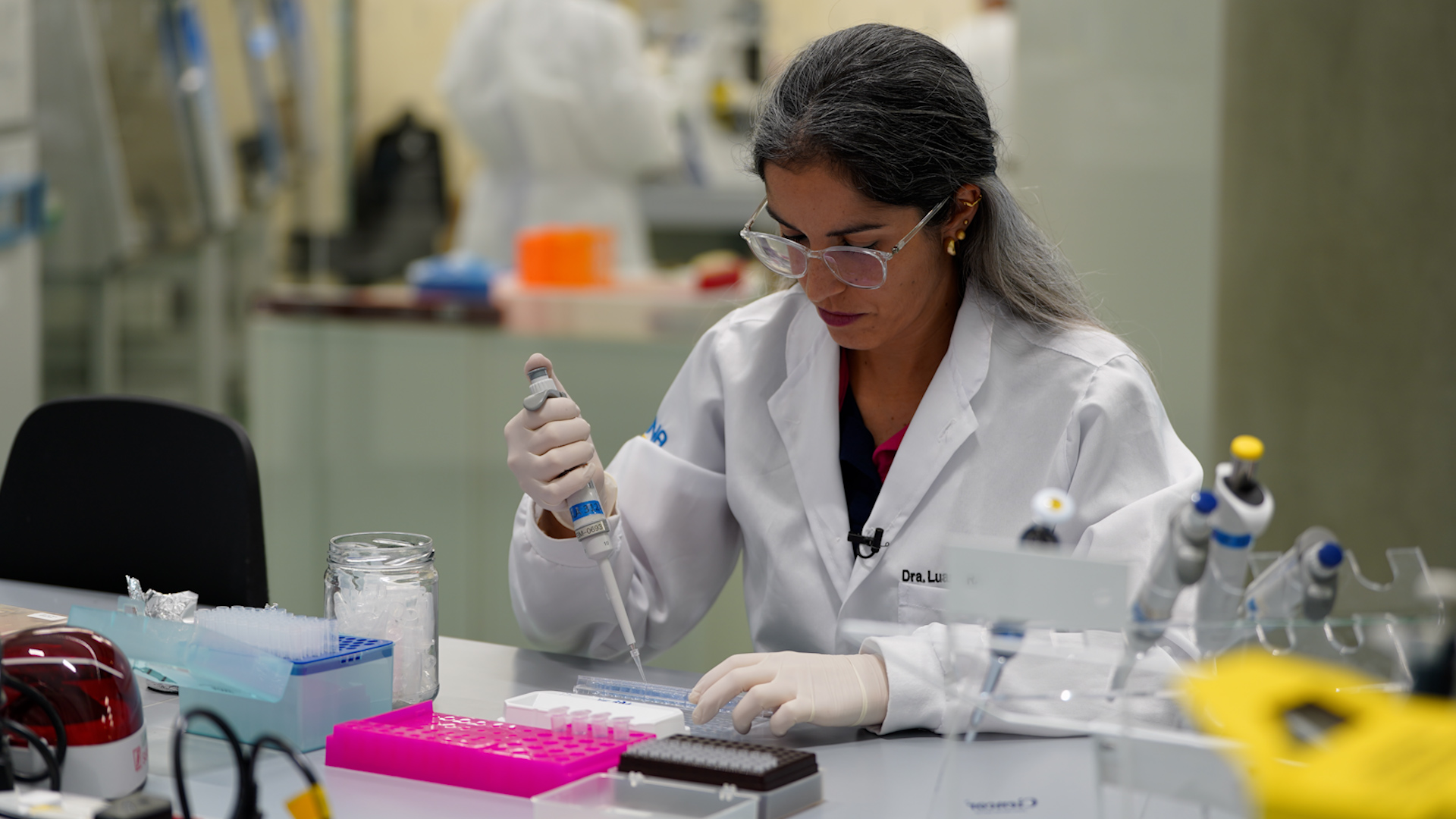
With support from FAPESP, the São Paulo startup has developed a molecule that can stimulate the immune system to fight cancer caused by the human papillomavirus; the technology will be presented at the VivaTech fair in Paris.
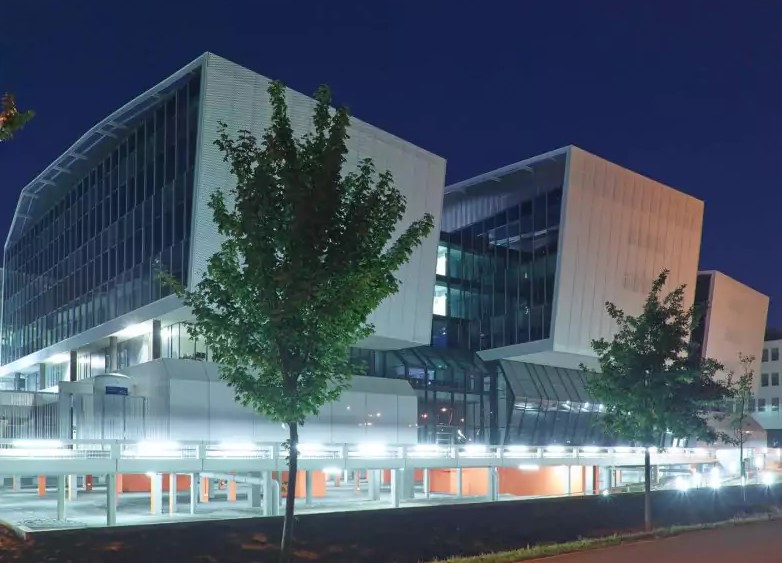
Researchers affiliated with São Paulo’s universities, research institutions, companies, and science and technology-based startups participate in another edition of FAPESP Week in Toulouse and Paris.
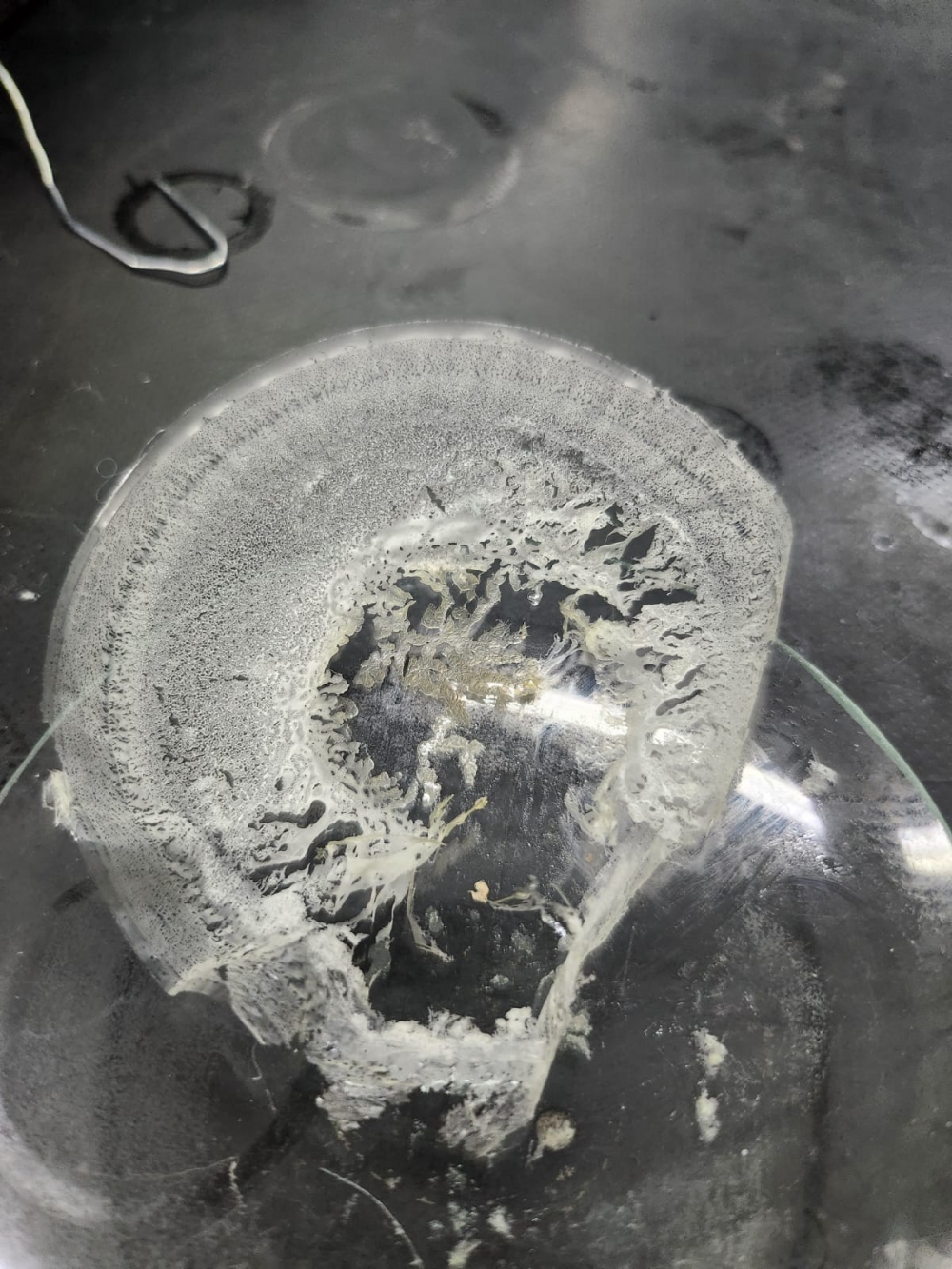
A startup supported by FAPESP has developed an alternative material using waste from the beer production process and used cooking oil.
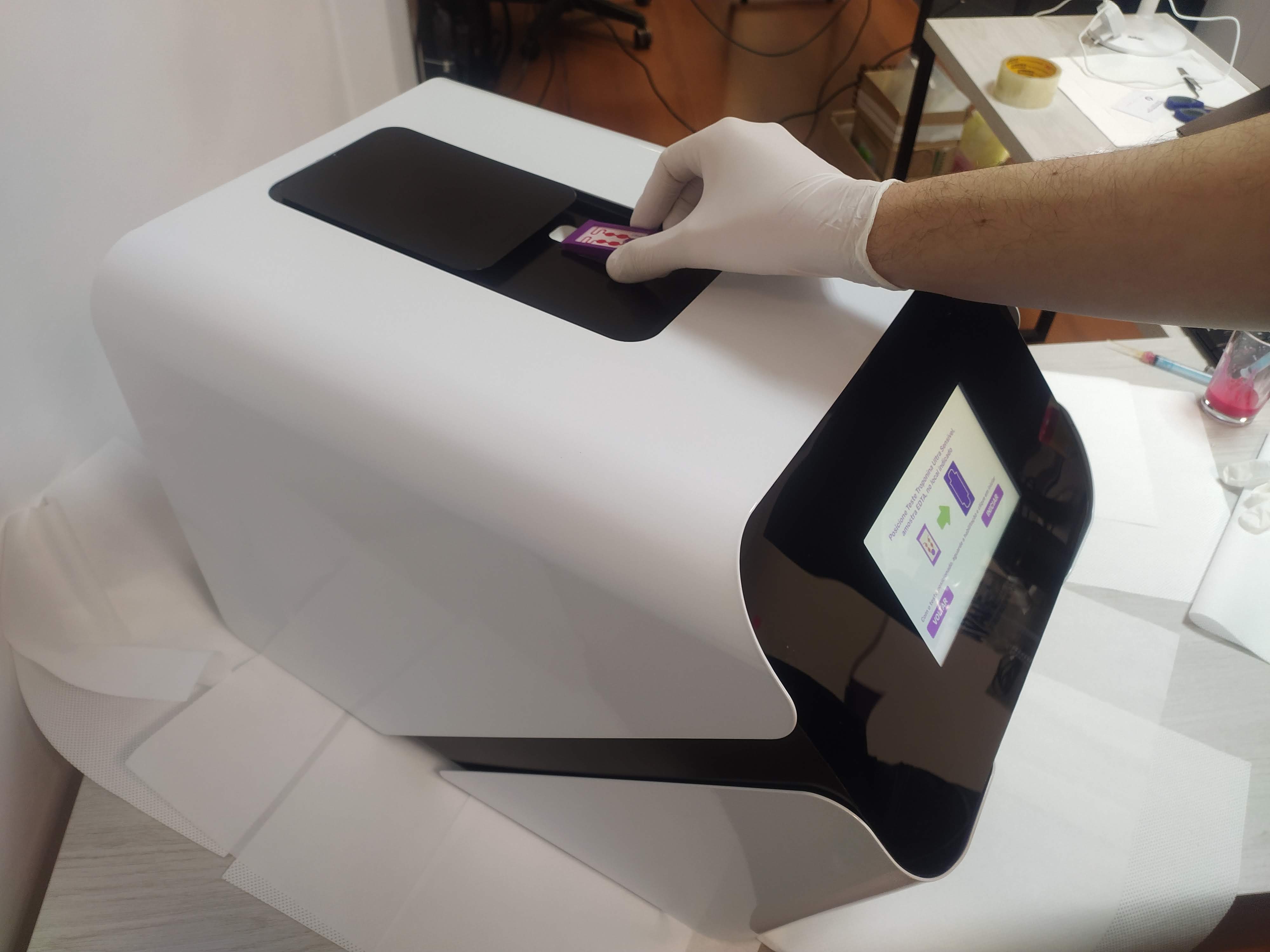
The system, developed by the FAPESP-supported startup, performs an assessment in eight minutes, drastically reducing the time needed to save lives; the technology will be presented at VivaTech in Paris.
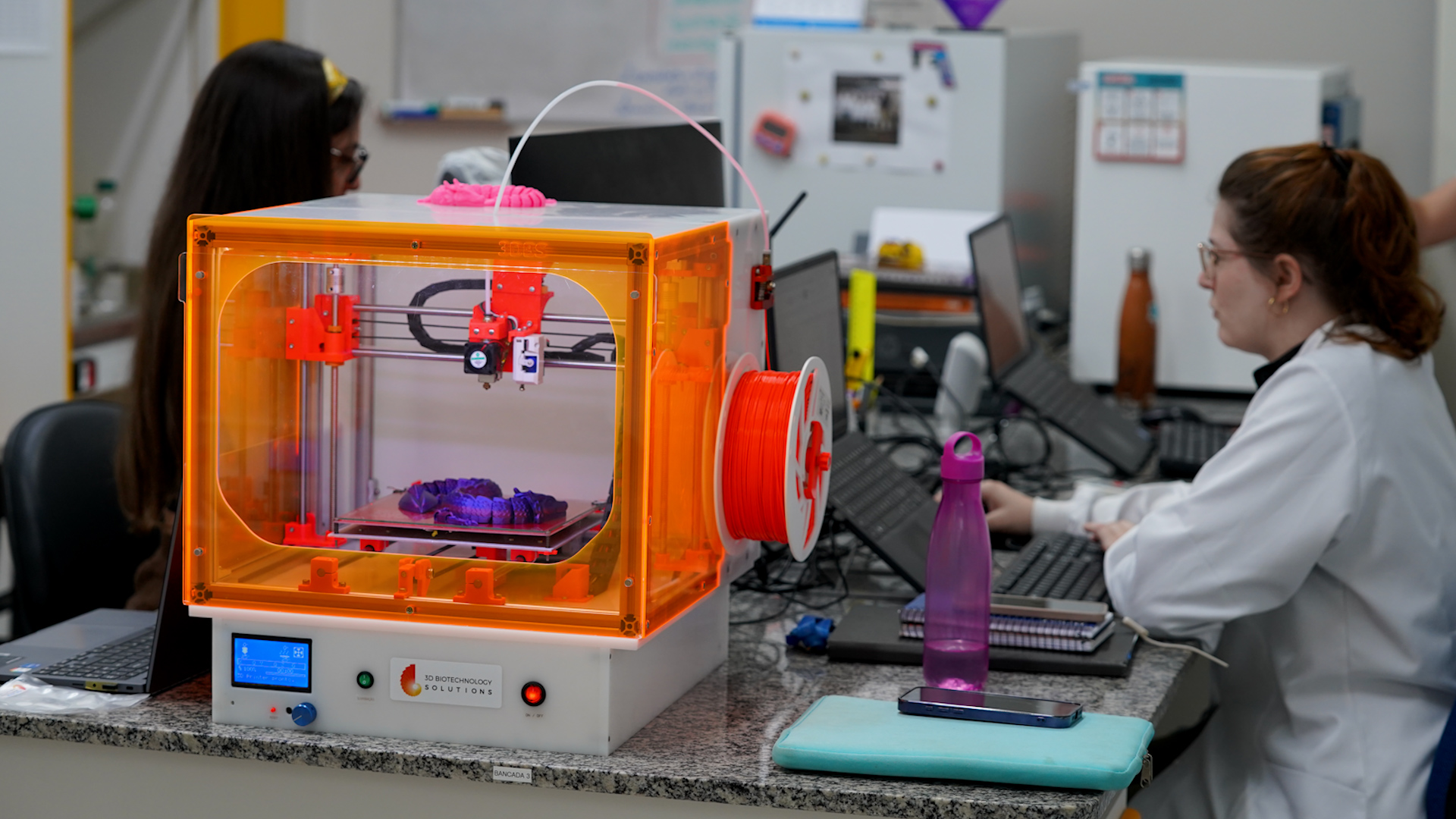
The Campinas-based startup has developed its own biofabrication and tissue engineering technologies with support from FAPESP; these solutions will be presented at Europe’s largest innovation fair in Paris.
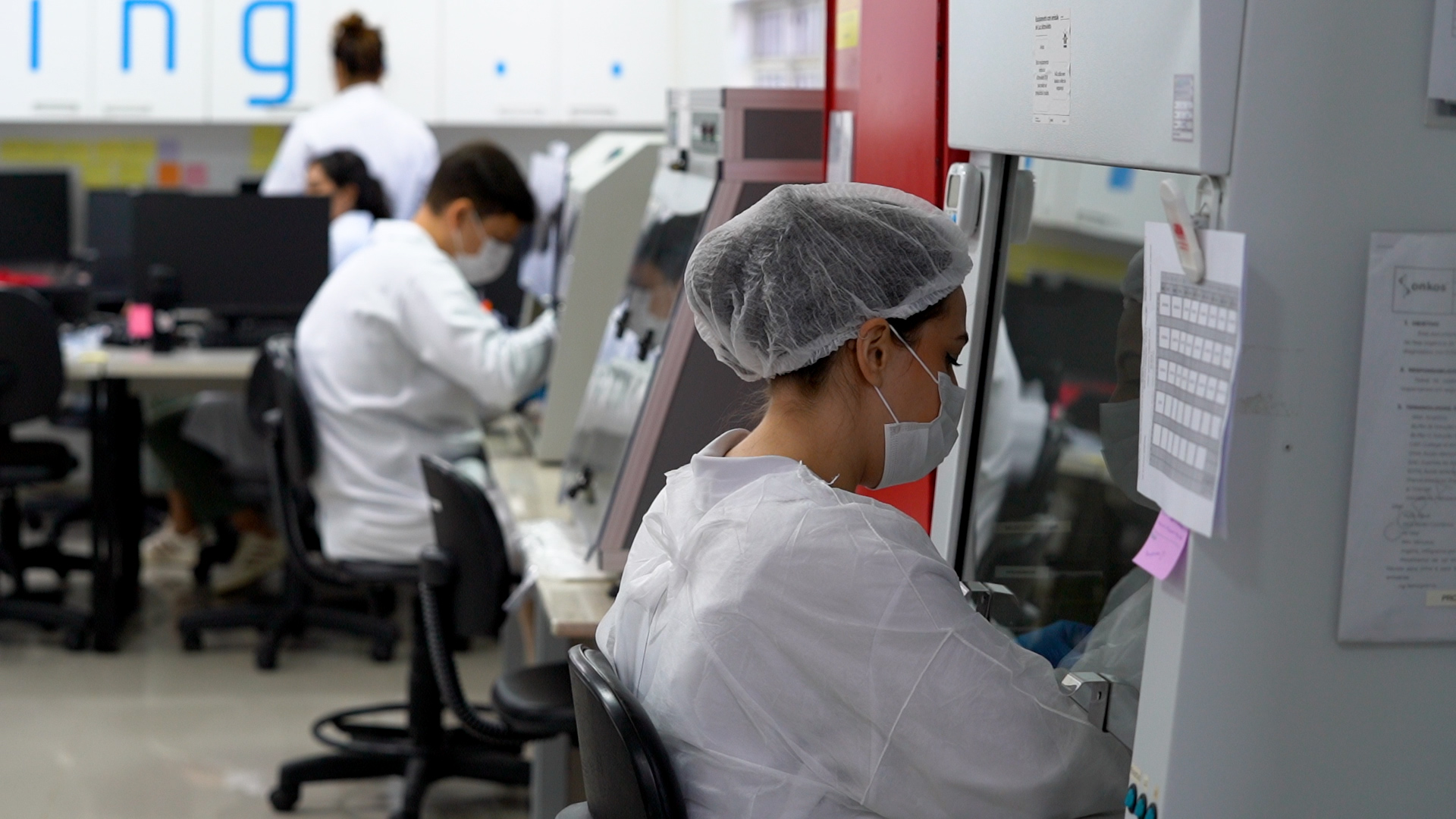
A test developed by the São Paulo state startup with support from FAPESP can distinguish benign nodules from malignant ones; the technology will be presented at one of the largest innovation events in France.

VivaTech is one of Europe's leading technology and startup events; USP and FAPESP will take researchers and disruptive technologies to the event in the areas of health, agriculture, sustainability, and artificial intelligence.
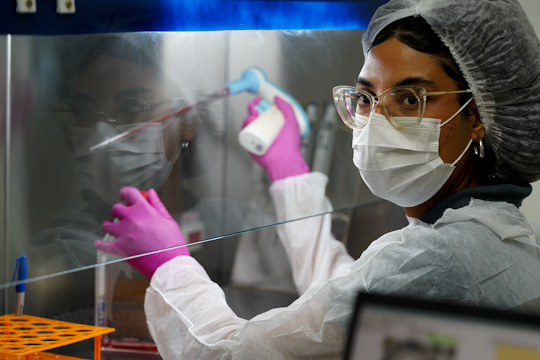
With support from FAPESP, the startup has developed a material containing human umbilical cord stem cells that speeds up the recovery of skin lesions; the technology will be presented at the VivaTech technology fair in France.
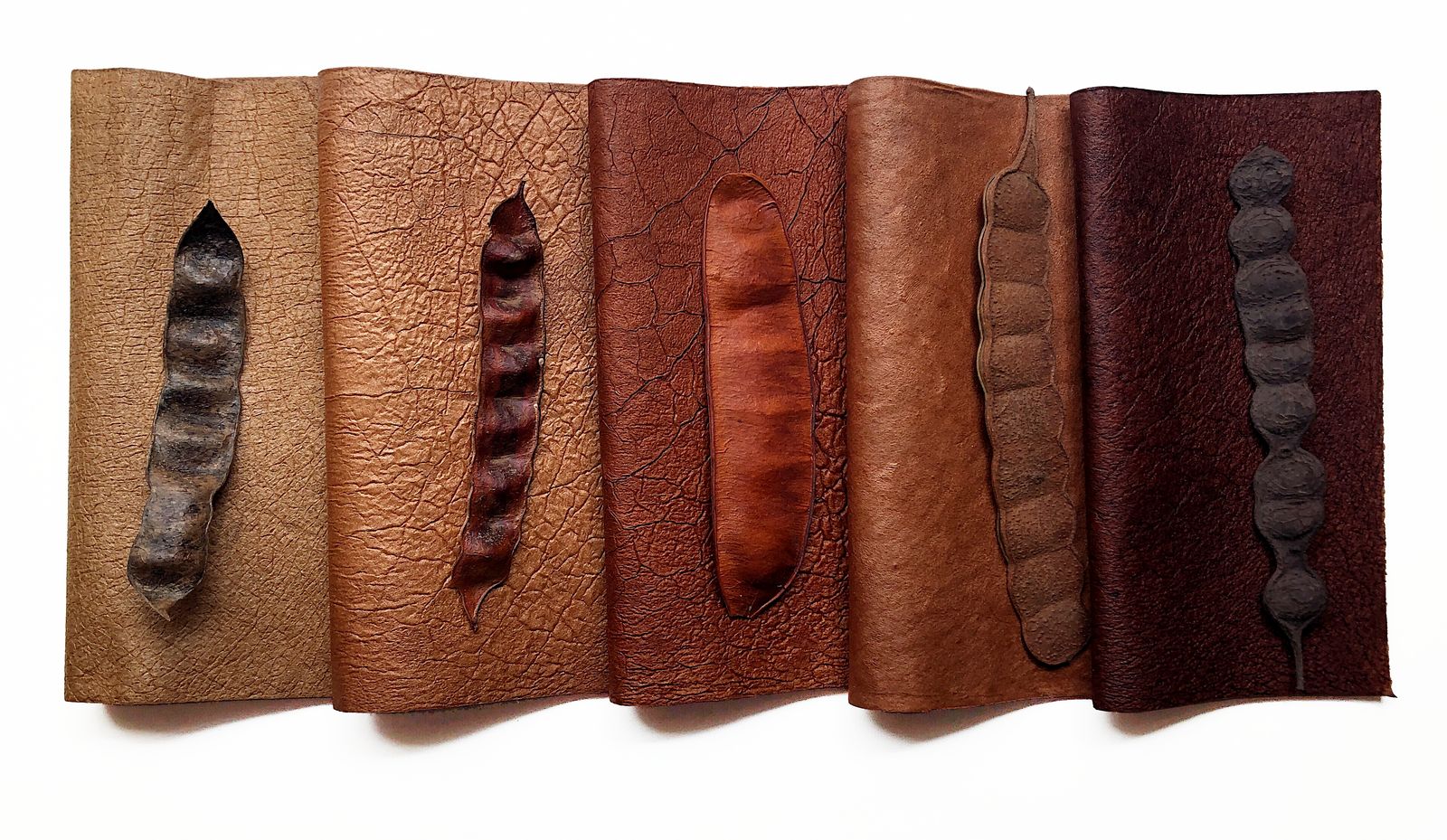
Startup supported by FAPESP develops promising sustainable solution from native flora; angico biotissue will be presented at VivaTech in France.
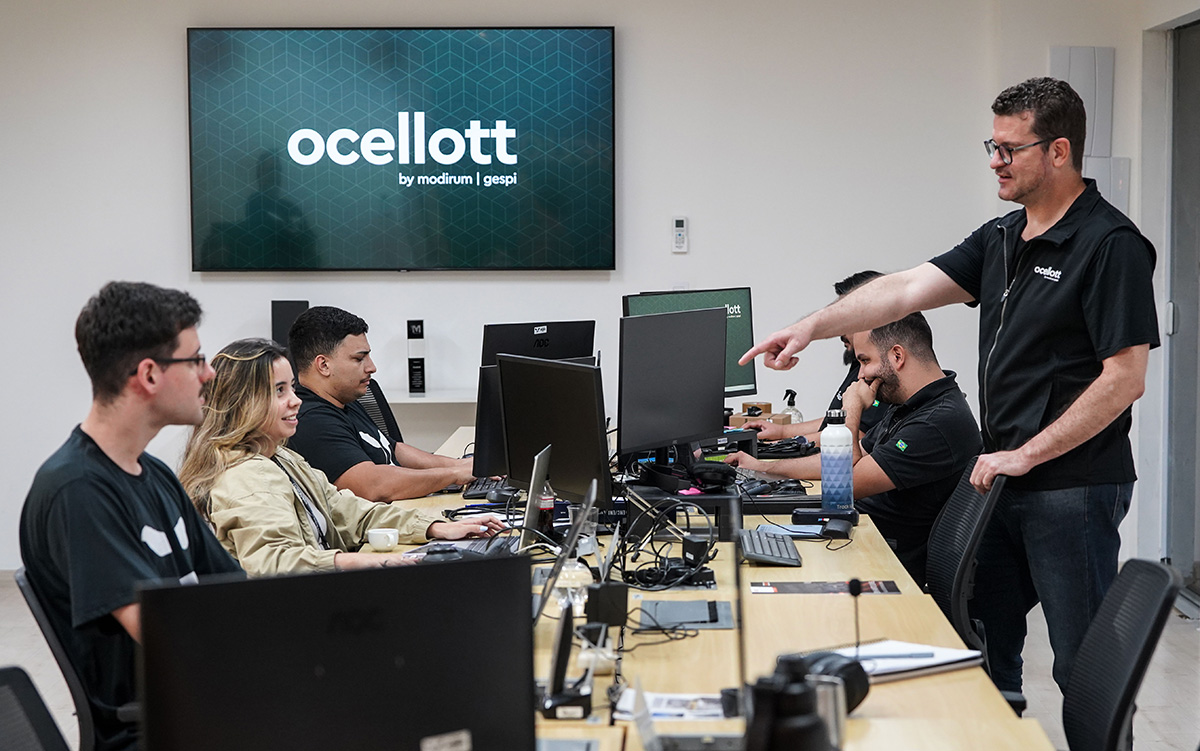
The FAPESP-supported company is developing critical equipment to make electric and hybrid aircraft models and eVTOLs viable; these technologies will be presented at VivaTech in France.
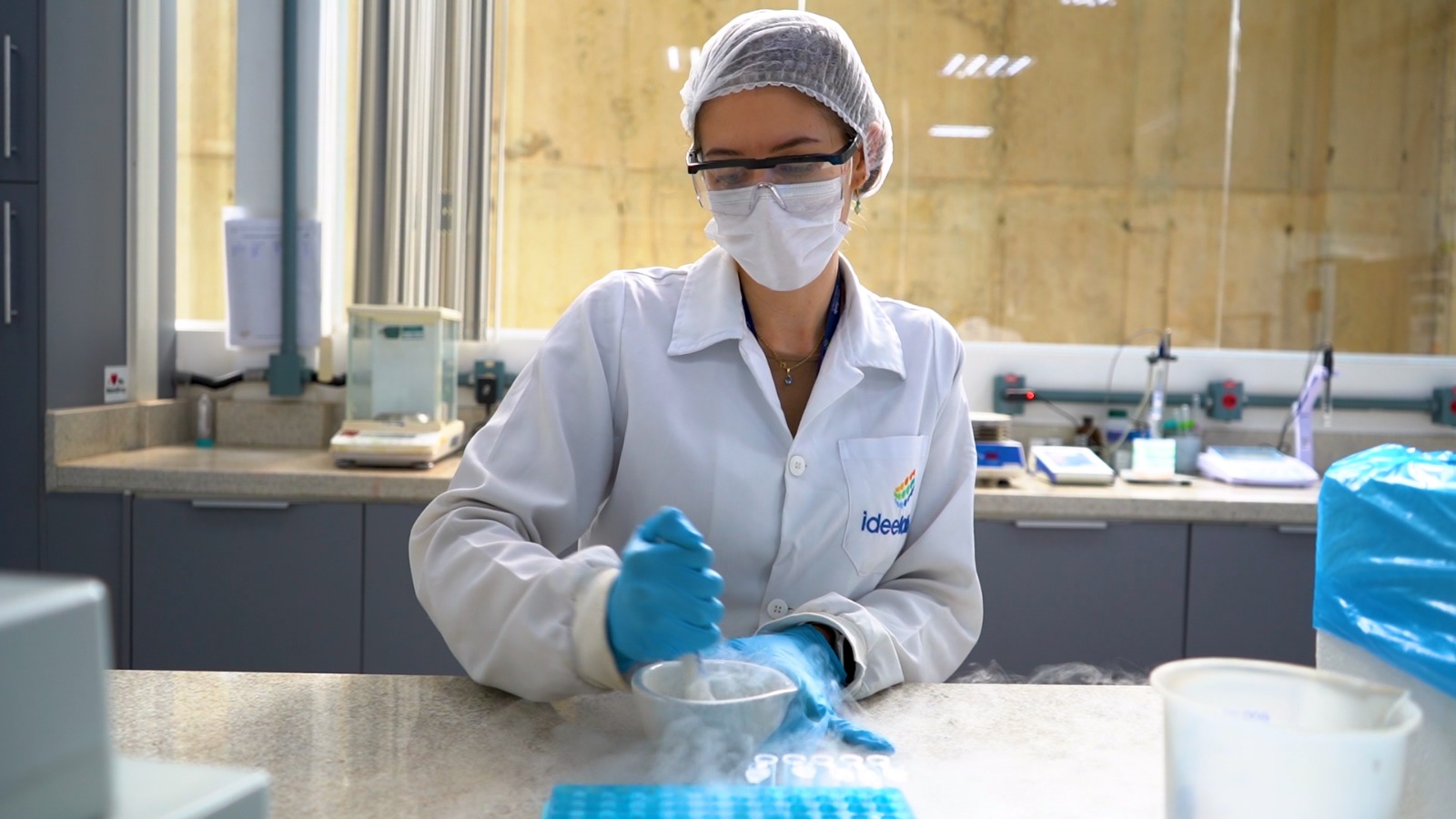
With support from FAPESP, the São Paulo startup is developing more efficient strategies to combat pathogens that threaten citrus farming; the technology will be presented at VivaTech in France.
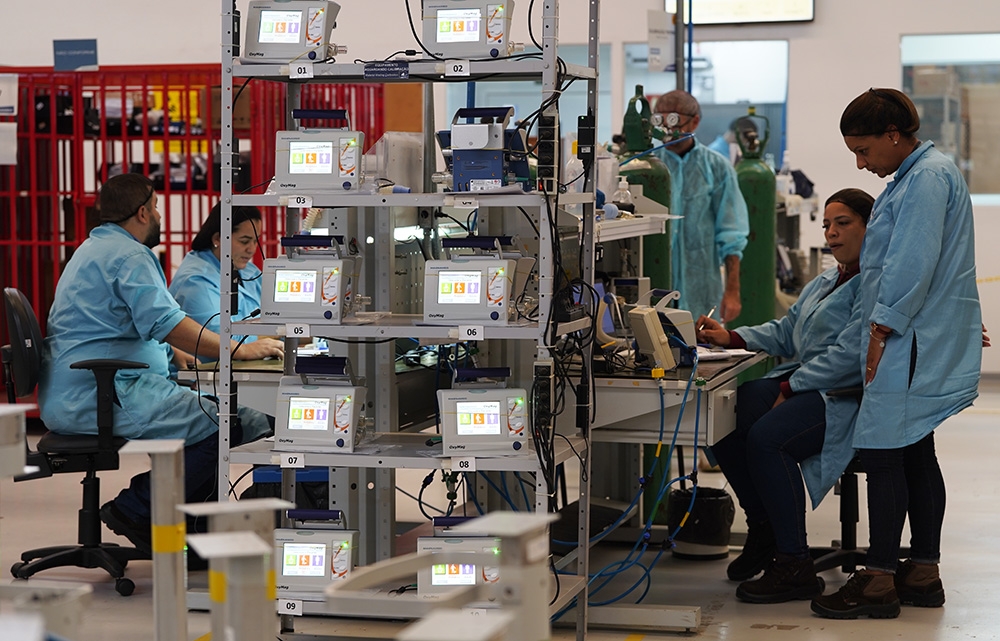
The FAPESP-supported company already exports one model and has applied for certification of two new devices in the United States.
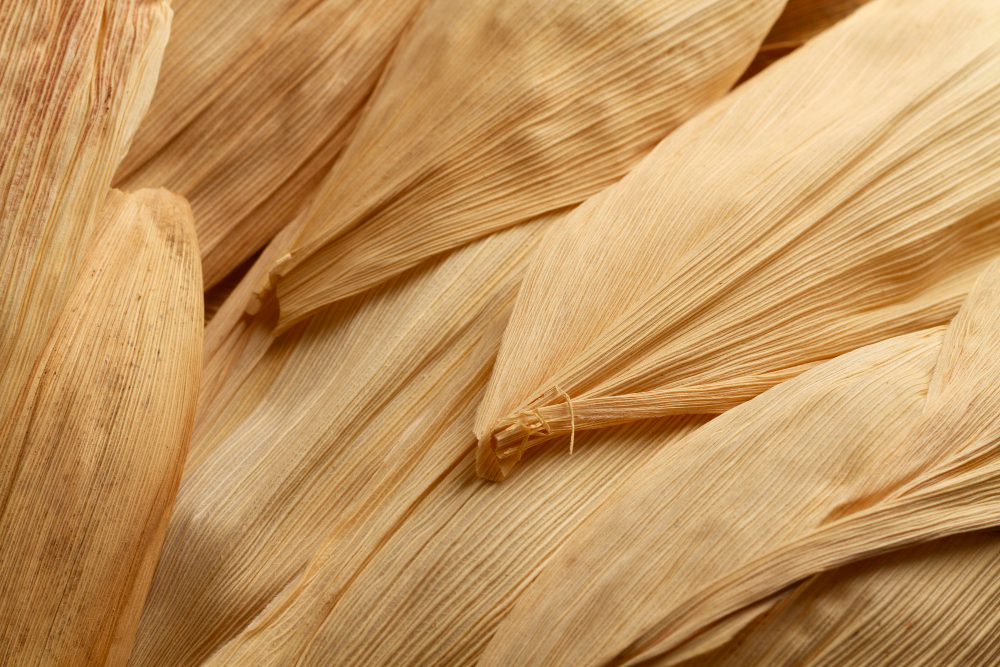
The optimized extraction of sugars, organic acids, and phenolic compounds with antioxidant, antimicrobial, and anti-inflammatory properties uses only water, making it promising for applications in the biofuels, pharmaceutical, and food industries.
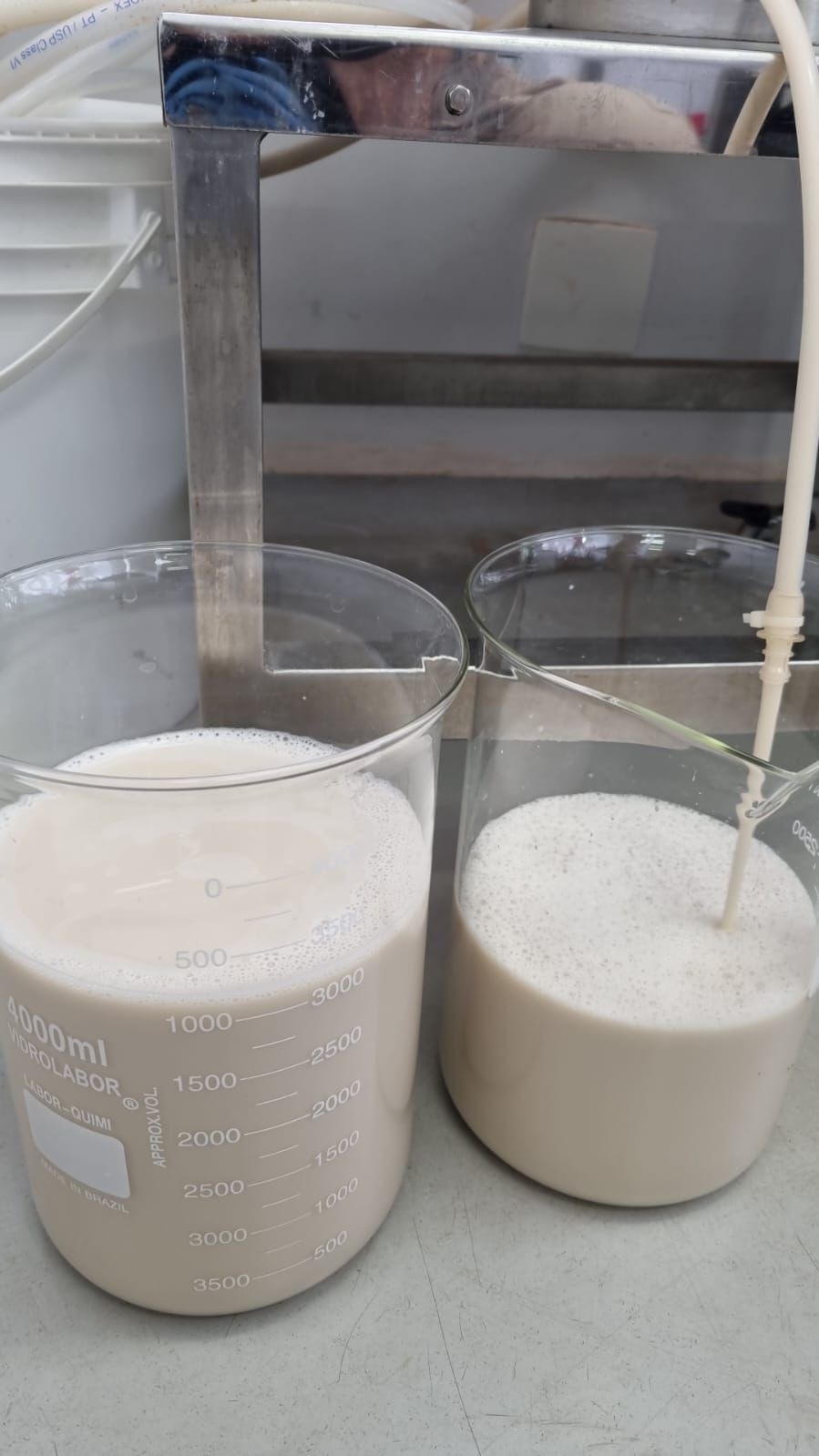
Future Cow uses precision fermentation to create dairy ingredients in a sustainable way; the startup, supported by FAPESP, was selected to participate in VivaTech, one of Europe’s largest innovation events.
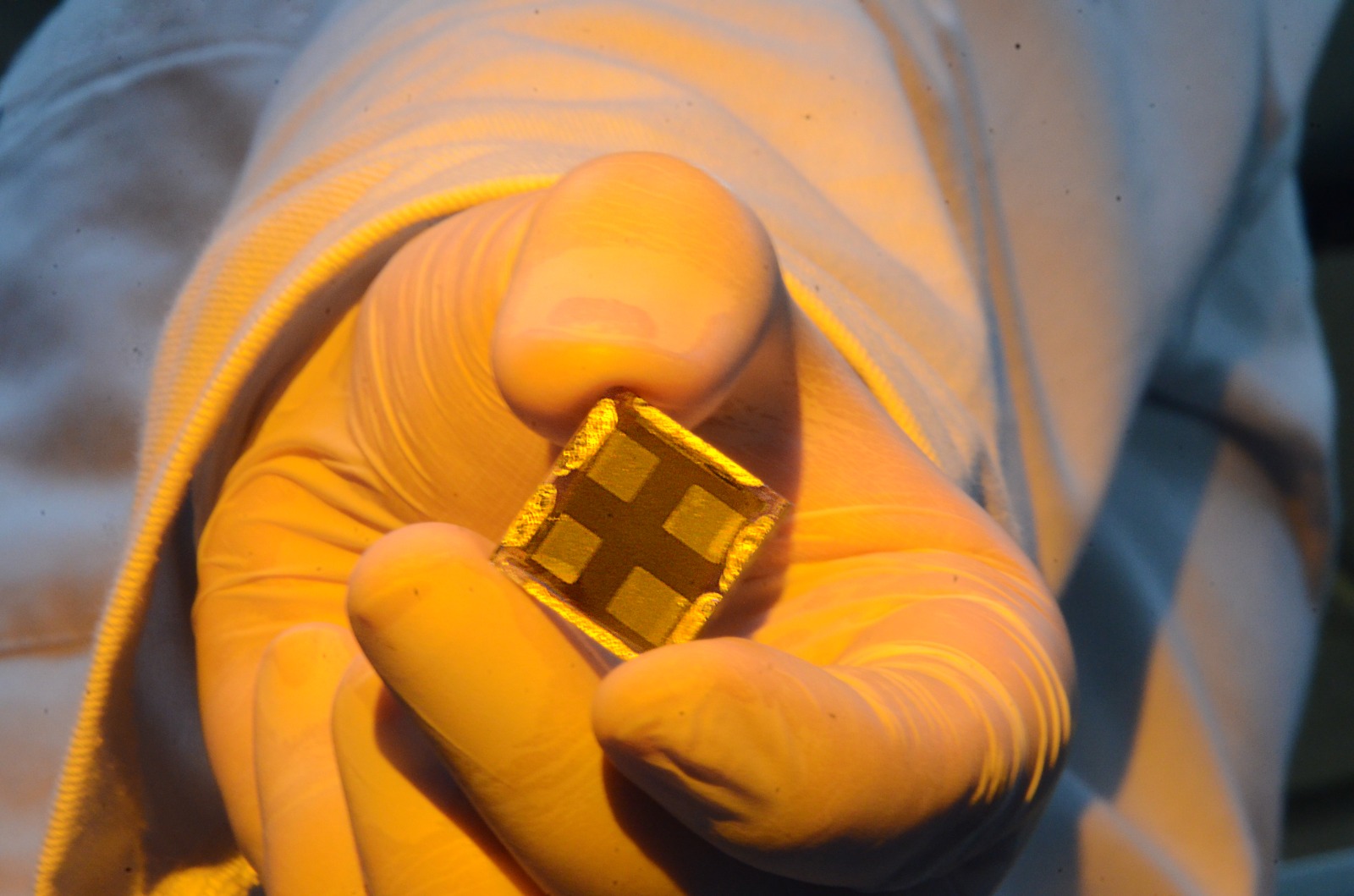
The material is as efficient as silicon in generating clean energy and has lower production costs, greater lightness and flexibility. Its rapid degradation is one of the main obstacles to overcome to make its use viable.

Created by Claro, FAPESP and the University of São Paulo, the initiative will involve more than one hundred researchers in the development of disruptive solutions in three areas: Smart Cities, Industry 4.0 and Agrotech.
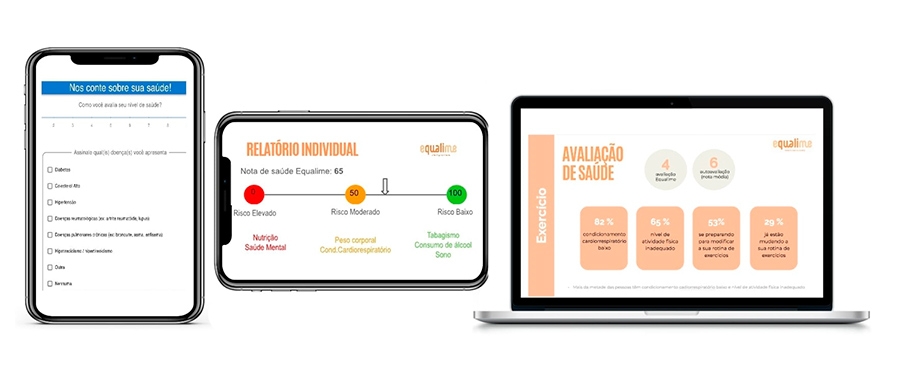
Digital tool developed by researchers at the University of São Paulo measures employee health indices and guides more efficient corporate actions for well-being at work.
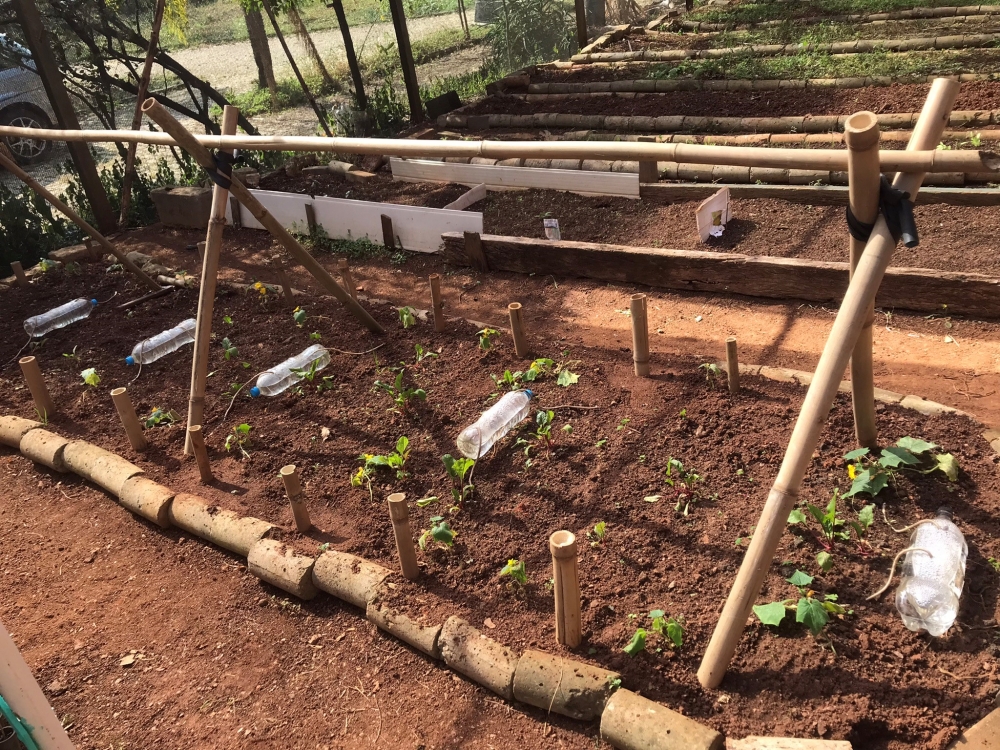
With the support of FAPESP, Santa Food Tech has developed a model to transform urban areas into laboratories of sustainability; the initiative is already implemented in four micro-regions of the state capital and in Guarulhos.

System integrated into a backpack is equipped with a camera and tactile signals that vibrate to warn of the presence of objects above the waist.
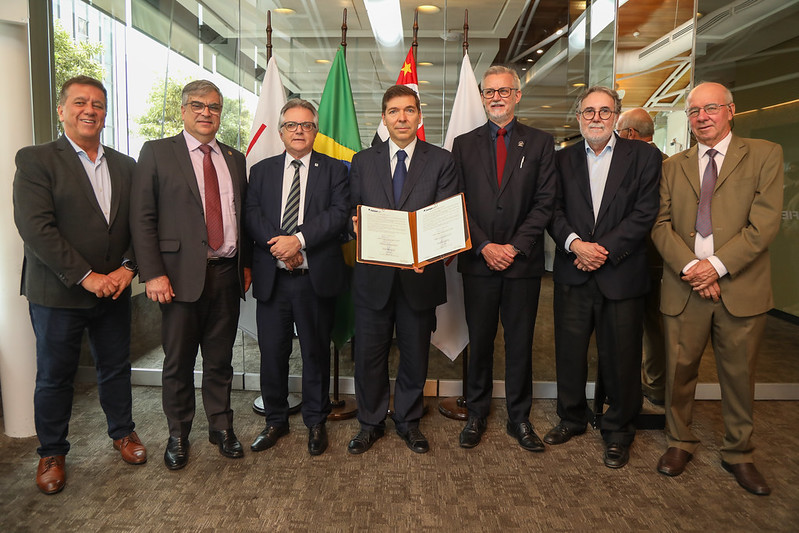
The center is a research unit dedicated to exploring and developing advanced data science and artificial intelligence solutions with a focus on improving the efficiency, innovation and competitiveness of industries.